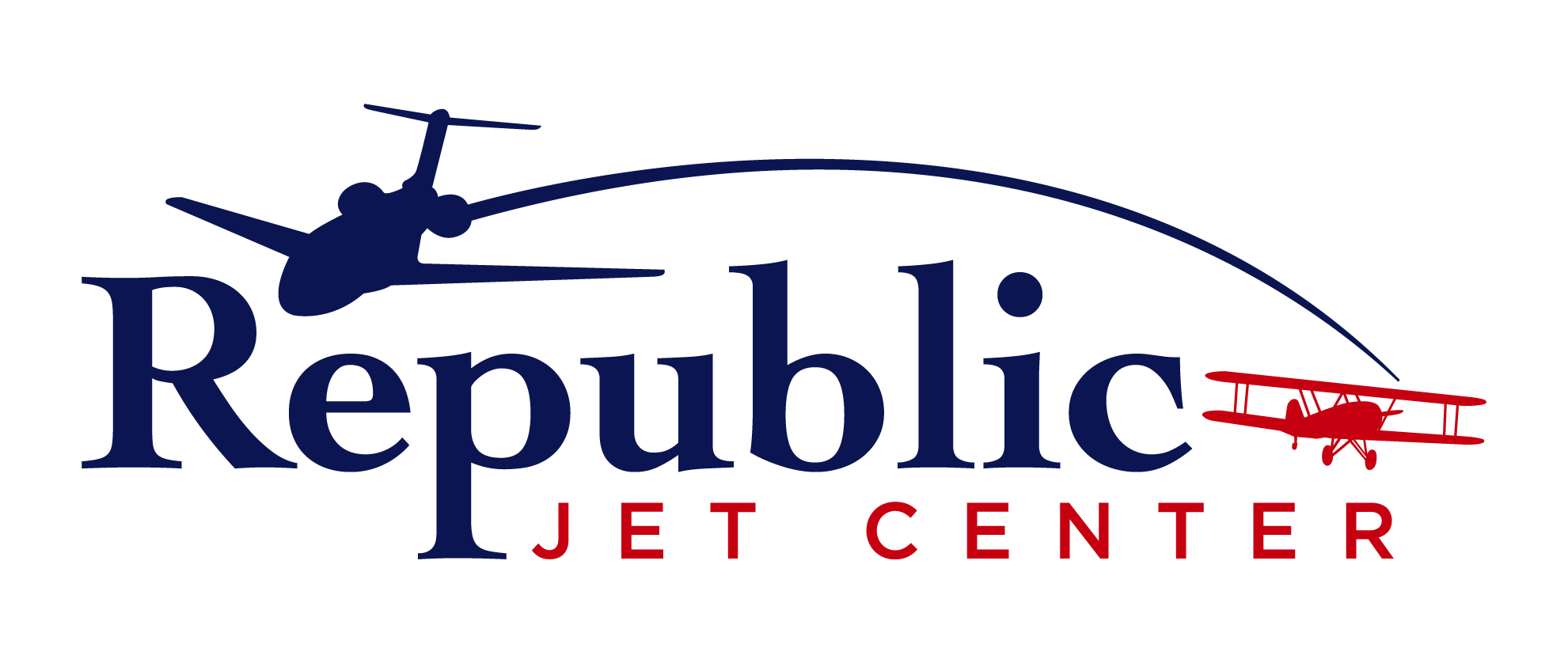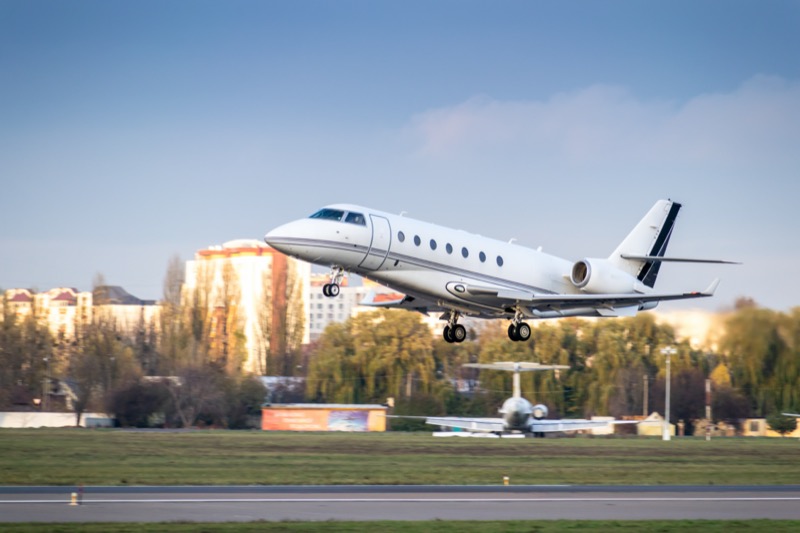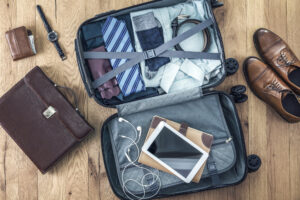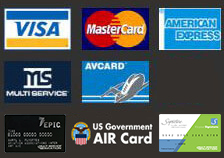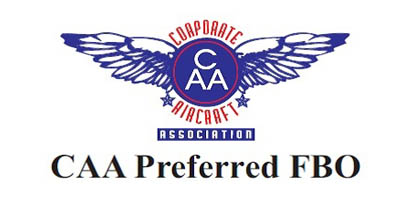By the end of 2019, the market size for private aviation jets and other charter flights in the United States was $24.4 Billion. The private jet business is highly profitable, with the average cost ranging between $1,300 and $3,000 per flying hour.
This applies to small planes that seat around four to six passengers. Larger planes can fetch higher prices per hour of flight. The costly prices have not deterred passengers from acquiring or booking private jets.
Passengers who are willing to spend vast amounts of cash for a private flight want nothing less than perfection. Sometimes, etiquette is thrown out of the door as more people feel entitled to better services.
Over the past few months, companies offering the service have been reducing or halting flights due to poor customer interaction.
As a passenger, you should have some etiquette regardless of the amount you spend on the flight. In this post, we look into some standard private jet etiquette that makes the experience better for everyone.
Respect Time
The main advantage of flying private is that it’s flexible in terms of time. A passenger can fly at whatever time they want and as many times as they wish. However, this does not mean that you can turn up late for your flight.
As a regulation, all passengers need to arrive at the airport 15 minutes before flying. This time is mainly for processing the passenger’s flight documents and luggage. Depending on the airport you are departing from, you can request them to delay the flight.
Busy airports work on a tight schedule for take-offs, and if you delay your flight, you might have to wait for a few more hours. To avoid these inconveniences, don’t waste the pilot’s or employee’s time since you would not like your time to be wasted either.
Tipping Culture
Unlike what most people believe, pilots are not paid millions. The median salary for the profession is at $121,430, with the highest-paid 25% making about $208,000 annually.
Pilots receive relative average salaries, and like many in the service industry, tips are highly appreciated.
However, the average 10% service tip still stands. But if you feel you, the employees went far and beyond to provide you with the best service. Feel free to tip them some more.
Of course, you don’t have to tip extra, and it’s entirely up to the bookers’ consideration.
Reduce Luggage
On commercial flights, some employees are assigned to checking and loading luggage on the plane. In contrast, pilots are responsible for loading luggage on private flights. There is no personnel dedicated to loading luggage in private planes.
While pilots may be fit and trained to perform such duties, they will not take it lightly if you pack suitcases weighing 40kg. The passenger should pack light luggage or in multiple suitcases if carrying heavy luggage.
Some private flight operators have weight restrictions that can be lower than for commercial flights that stand between 190 and 195 pounds. Ensure you check if your operator has weight limits before booking the private flight.
Furthermore, private planes are lighter and are meant to accommodate at most twenty passengers.
Don’t Forget Your Documents
Forgetting documents is a common problem among first-time flyers. Even when flying on a private jet, documents are still necessary. The type of documents you need varies depending on the point of departure and destination.
Most private flight operators ensure they have given you a list of all the documents they need for the flight. Suppose you are unsure about what to carry. Give the flight operator a call so that they can clarify.
Unfortunately, if you don’t carry the necessary documents, chances are high the operator might refuse you to board the plane. This can be costly since you might even lose your flight deposit.
Respect the Host
Like other professions, respect is of utmost importance in the industry. Passengers should show respect to the pilots, flight attendants, and the equipment. Private jets prefer their planes to be left tidy during and after the flight.
Suppose you are invited to join a private flight as a passenger. You should respect whoever pays for the flight, whether they own the plane or not. Carry a gift to show appreciation and let the host take a seat first.
Dress Code
Depending on the type of flight (business or leisure), you should always dress accordingly. However, remember to dress comfortably and check if the flight operator has a dress code policy.
The policy differs from operator to operator, and you should confirm with your operator before booking the flight.
Most operators might ask you to just dress in a sensible manner. Others might require the passenger to wear a full suit, but it is not that common nowadays.
No Smoking on the Plane
The amount of money spent on private flights should allow you to have a good time. However, there is a limit to how much good time you can have when flying privately.
Drugs, sexual activities with a rock and roll attitude is mostly not recommended in most flights.
If you get a bit drunk and decide to perform karaoke, that has no problem. But sex and drugs are strictly forbidden in most flights. Furthermore, you can get sued for sexual harassment if you engage yourself in such acts.
If you own a private jet, the whole scenario can be different.
Non-smoking passengers might find the smoke irritating, limiting the experience. The rule can be broken under special conditions, and the act should be done respectfully.
Minimize Cell Phone Use
97% of Americans own a cell phone. While having a mobile phone has become common for almost every person, some etiquette should still be observed.
Most people hate hearing annoying ringtones. Others find it awkward listening to your mobile conversation and find it an unpleasant experience.
Remember to treat flight attendants respectfully.
If you were in the middle of a mobile conversation and an attendant approaches you to ask a question. You should respectfully pause your call and give them your full attention.
The U.S. Federal Communications Commission (FCC) prohibits the use of mobile phones when aboard aircraft in flight. You can land in a lot of trouble for using mobile phones, but some operators even offer onboard Wi-Fi.
Check with your private flight operator to confirm any mobile phone use regulations they might have.
Parking and Ramp Access
Private flight charter is the epitome of luxury, which is why most service providers allow ramp access. They allow chauffeurs to drive up to the plane since you can board a flight directly.
However, the passenger should not assume that will always be the case.
Driving up to your plane randomly can get you in a lot of trouble. You can be suspected to be a drug dealer or something worse, which can make the police storm your vehicle.
It might look like common sense not to do that, but it happens from time to time.
Ramp access is available mainly in regional airports, while larger or high-density airports are strictly against it.
Smaller airports offer a different type of ramp access. Instead of being driven to the plane by a personal driver, police or an FBO employee will escort you instead.
Private Jet Slang
When you rent a jet, regardless of the type of private jet you prefer to charter, there are a few terms you need to be familiar with. Remember, if you hear something you are not familiar with, you are free to ask the pilot or any attendee present.
Most passengers fly privately as a one-off experience. So most are not familiar with private lingo, but attendants are there to ensure the experience will be as enjoyable as possible.
Some of the terms commonly used during flights include:
• George – Nickname for the automatic flight assistant
• YOM – Year of manufacture
• PAX – Number of passengers
• Seating Configuration – Layout and seating arrangement on-board
• Refurb Dates – When the plane’s interior was last refurbished
• Flat Out – Flying at full throttle
• PROP – Blast of air coming out of jet engines
You should be familiar with some of these terms and slang used in the aviation industry. Luckily, most of the crew and flight attendants understand not everybody understands this slang and they assist all passengers accordingly.
Tips for Passengers Flying in a Private Jet for the First Time
The majority of ordinary passengers cannot afford to fly in a private jet through their own means. They get invites from wealthy individuals and institutions who allow them to enjoy an upgrade from commercial flights.
However, it can be nerve-wracking for most since they know what to do or how to behave during the whole experience. There are some key differences between private and commercial flights, and you should be prepared to avoid putting yourself in awkward situations.
Here are some tips you can follow if you are flying privately for the first time.
Choosing an aircraft
The simplest and easiest way for passengers to organize their first private flight is to charter a plane. There are many chartering options available in the market.
They range from one-off cards for individually priced flights to investing in a jet card.
A chartering company helps you decide which option is best for you based on the type of trip you plan to have. The charter company is the most essential resource a passenger has since they take care of everything you need for the flight.
All you have to do is to pay them.
The FBO
Most private jets depart through a Fixed-Based Operator (FBO). It is the technical term for a building or terminal specific to private aviation. It can be a section in a large airport or a different building altogether.
For first-time passengers, you need first to locate where your flight departs from and how to reach the location. Ideally, after booking a private flight, you receive an itinerary that lists the FBO your flight departs from.
The passenger can confirm the FBO from their chartering company. Fixed-based operators are usually calm and away from the stress associated with commercial airports.
You can also arrive at the FBO much later than on commercial flights since only you and your friends will be on board.
During the Flight
While in the cabin, expect the flight crew to perform a standard pre-flight safety briefing. The crew explains where it’s safe to move freely, and they should always be on hand to take any request or ask any questions you might have regarding the flight.
One of the most significant advantages of private flights is that sometimes you might be invited to the cockpit to talk to the pilot. Don’t feel afraid to make the most out of the experience, but always follow the regulations set by the flight crew.
Some of the jets allow you to use your phone and even offer free internet.
After the Flight
If the airport you land on has ramp access, expect transport to be ready as soon as you set your foot on the ground. There is no need to go through the FBO or terminal your car comes to the runway beside the car in such scenarios.
However, if you had not made arrangements prior to your flight, you can inform the flight crew or pilot to radio before the flight lands.
While it’s not necessary, you can also decide to tip the pilot or the flight crew if you had a great experience during the flight. Especially if they let you approach the cockpit, a tip would be highly appreciated.
Enjoy Outstanding Fbo Services in New York With Republic Jet Centre
The private jet industry has witnessed a surge in demand for their services as more people are willing to spend more to enjoy refined luxury.
Even at the most satisfactory levels, as the demand rate grows, there are some changes in the way services are delivered.
However, at Republic Jet Centre, our services remain constant. Our FBO services remain one of the best in almost every airport in the New York area.
We have ramp access with an impressive state-of-the-art private terminal.
Our representatives will be waiting on the tarmac to answer any requests you might have. To enjoy the best service, contact us today to make a reservation.
